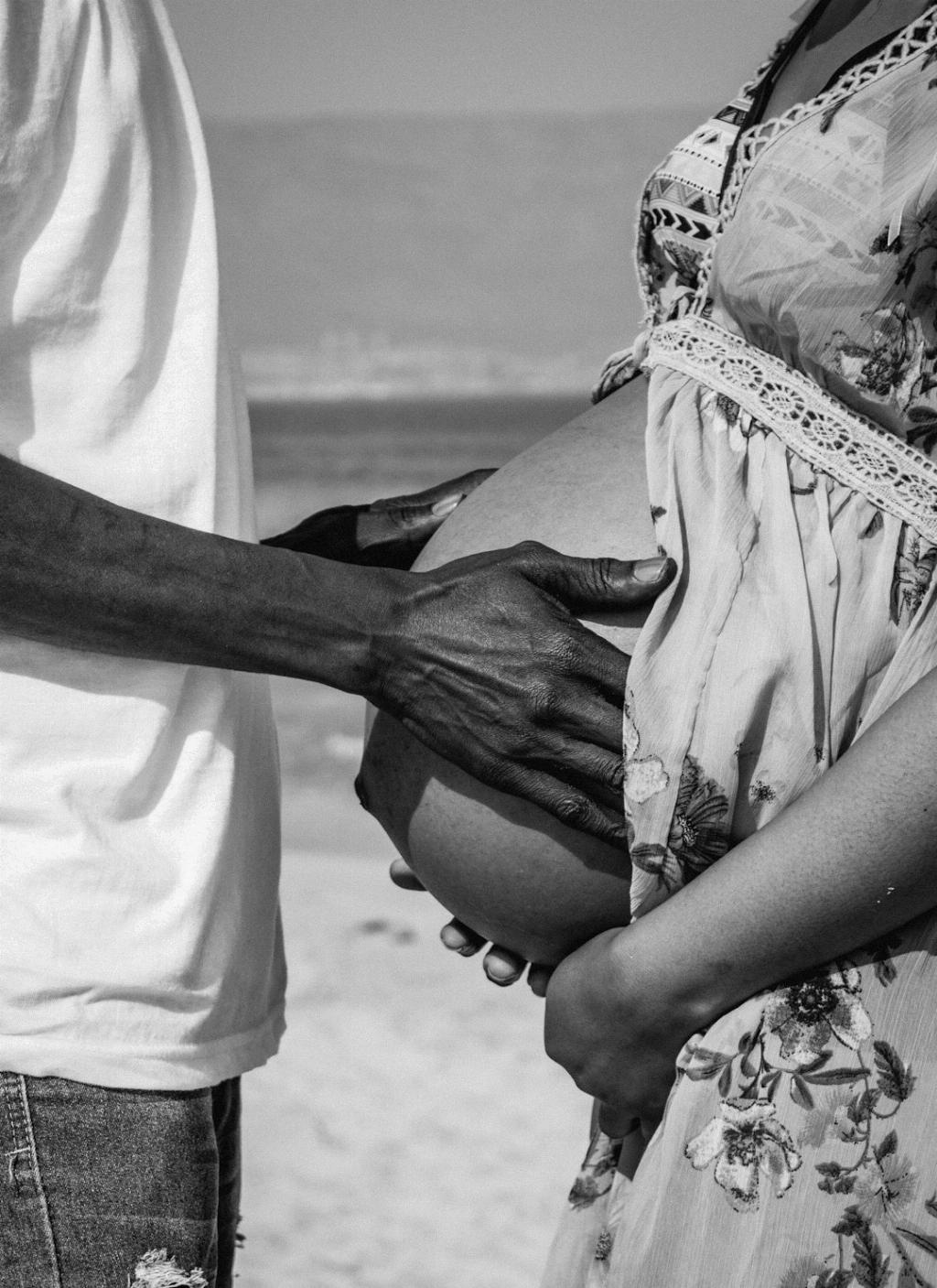When it comes to tracking the progress and well-being of a baby during pregnancy, one of the key moments for expectant parents is the ability to hear the baby’s heartbeat. While the excitement of this experience is undeniable, many wonder just how early in pregnancy this milestone can be achieved using a Doppler device.
The Early Stages of Pregnancy and Heartbeat Detection
According to medical experts, the earliest a fetal heartbeat can typically be detected is around the 10 to 12-week mark of pregnancy. At this stage, a handheld ultrasound device called a fetal Doppler is used to listen to the baby’s heartbeat, providing reassurance and a tangible connection to the growing life inside the womb.
The Role of Timing and Gestational Age
Gestational age plays a crucial role in the ability to detect the fetal heartbeat with a Doppler. Around five and a half to six weeks into gestation, a vaginal ultrasound can already pick up on the baby’s heartbeat, laying the foundation for later Doppler screenings.
Factors Influencing Heartbeat Detection
Several factors can influence the timing of when a fetal Doppler can pick up the baby’s heartbeat. These factors include the position of the uterus, the location of the placenta, and the baby’s own movements during the screening process.
Importance of Skilled Healthcare Provider
It’s important to note that the skill and experience of the healthcare provider using the Doppler device also play a critical role in successful heartbeat detection. A trained professional can navigate any challenges that may arise during the screening process, ensuring accurate and timely results.
Emotional Impact on Expectant Parents
For many expectant parents, hearing the baby’s heartbeat for the first time can be an emotional and unforgettable moment. This experience can help forge a strong emotional bond between the parents and the unborn child, heightening the anticipation and excitement surrounding the pregnancy.
Connection and Reassurance Through Doppler Technology
Modern advancements in prenatal care have made it possible for expectant parents to connect with their baby in ways that were once unimaginable. The use of Doppler technology not only provides reassurance about the baby’s health but also offers a glimpse into the miraculous process of fetal development.
Monitoring Baby’s Health and Development
Regular Doppler screenings throughout the pregnancy allow healthcare providers to monitor the baby’s heart rate and development closely. Any irregularities or concerns can be addressed promptly, ensuring the best possible outcome for both the baby and the mother.
Celebrating Milestones in Pregnancy
Each stage of pregnancy brings new milestones and moments of joy for expectant parents. The ability to hear the baby’s heartbeat with a Doppler serves as a tangible reminder of the precious life growing within, prompting celebrations and expressions of love for the new arrival.
Support and Encouragement for Parents-to-Be
As parents prepare to welcome their new addition, the support and encouragement of healthcare providers, family members, and friends can make a significant difference. The shared experience of hearing the baby’s heartbeat can strengthen bonds and create lasting memories for all involved.
Looking Ahead to the Journey of Parenthood
With each heartbeat heard through the Doppler device, expectant parents are reminded of the incredible journey they are embarking on. The anticipation of meeting their baby for the first time fuels their determination to provide a loving and nurturing environment for their growing family.
Conclusion
The ability to hear the baby’s heartbeat with a fetal Doppler is a significant moment in the pregnancy journey, symbolizing the miracle of life and the bond between parent and child. While timing and factors influence when the heartbeat can be detected, the emotional impact of this experience resonates deeply with expectant parents, strengthening their connection and commitment to the new life they are bringing into the world.

